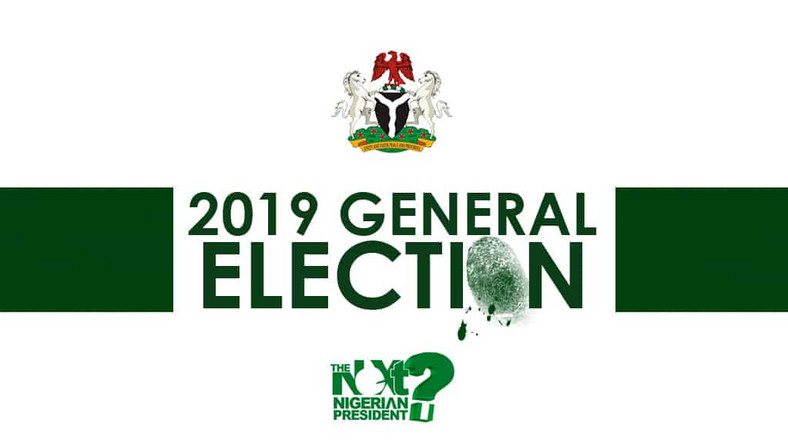My participation in Nigeria’s elections this year took a notch higher with the last ones held on February 23, 2019. Apart from exercising my right to vote at my polling unit, I was able to go round some parts of Ilorin to observe the elections as an accredited domestic observer.
Without any shred of doubt, the elections of the President, Senators and Members of the House of Representatives were peacefully conducted and Nigerians in my coverage area were able to vote without let or hindrance. On many occasions, the rancor that came with organising many people was diffused and everything soon became calm.
Essentially, the elections were a victory to the Independent National Electoral Commission (INEC) and the Nigerians at large in their openness and fairness. Seven of my observations are as follows, even if recommendations may be given at the end of the whole exercise:
One, the elections were generally and roundly peaceful, free, fair and credible in Ilorin. People turned out in large numbers and early enough for the voting exercises. Apart from random agitation and frustration that sometimes came to the fore due to queues, one would really hope that elections are always as they were in Ilorin last Saturday throughout the country. It was a super duper outing.
Two, given that many presidential candidates participated in the elections, the highest number so far in Nigeria, the ballot paper appeared to be confusing and crowded with party logos. Some voters complained of having difficulty recognising their preferred political parties. Those who did not complain spent a long time at the polling booths trying to figure out their choices. INEC can as well set out some criteria that would limit the number of presidential candidates so that the pretenders could be separated from the real contenders.
Three, voter education was low with respect to what to expect in the ballot papers. Thus, many voters appeared to be ignorant of what was expected of them. It was baffling that some supposedly educated people needed to be assisted on identifying where they wanted to thump-print. In that case, one would imagine the fate of the illiterate in the villages. It was a good development though that many people turned out to vote because of the high rate of political consciousness precipitated by local political dynamics in Kwara State, yet it would be good to ensure that what is worth doing is worth doing well through adequate voter education.
Four, though it might be due to the threat analysis and the need to be pro-active in forestalling violence, the blockading of roads was a major feature of the process. There were roadblocks manned by the military, there were those mounted by the police and there was a general atmosphere of being in a conflict zone. The para-military and other security agencies were also on hand to ensure that everything went well though movement was unfettered for those on electoral duty as merely seeing one’s paraphernalia guaranteed seamless passage.
Five, as I told the journalist who wanted to know if there was improvement in the conduct of the elections, there was nothing substantial that improved in the conduct of the elections. Yet, the performance of INEC in the last Saturday’s elections was not inferior to the previous one. INEC has been able to sustain the standard established in 2015 and it is commendable especially in an environment like ours where sustainability is always a critical challenge.
Six, reports indicated that violence marred the elections in some parts of Rivers, Lagos, Bayelsa and Anambra States with some deaths unfortunately recorded. As a matter of fact, elections had been cancelled in the affected areas of Lagos, Rivers and Anambra States though the violence did not affect the general appraisal of the elections across the country as free, fair and credible. It is obvious that the do-or-die mentality is still strong among the political class and their agents.
Seven, while some polling units had high voter density, with people standing for hours to exercise their rights, some others have low voter density and a voter might not spend up to 10 minutes to cast his/her vote. At the three polling units at the University of Ilorin and the Staff Quarters for instance, there were few voters because many students who registered there at least four years ago have graduated.
In sum, one can unequivocally aver that though not perfect throughout Nigeria, the last Saturday elections were still a huge success. Congratulations to Nigeria!






Leave a Reply